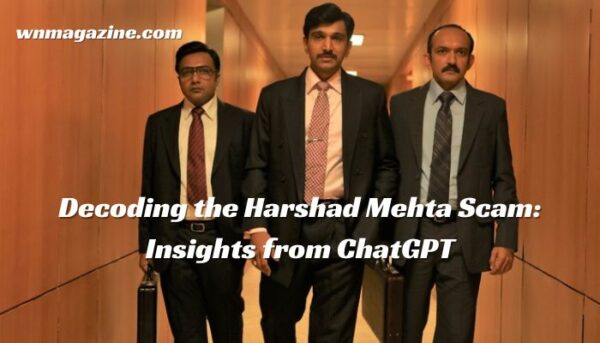The Harshad Mehta scam, a colossal financial fraud, sent shockwaves through Dalal Street, ushering in a bear market. A single individual orchestrated a scheme that deceived the entire nation, with a staggering sum exceeding Rs 24,000 crore. In this examination, we delve into the execution of the Harshad Mehta scam, unraveling its intricacies and the deception it cast upon the Dalal market.
Unveiling the Harshad Mehta Scandal
Journalist Sucheta Dalal was captivated by Harshad Mehta’s opulent lifestyle, particularly his impressive collection of cars including the rare Toyota Corolla, Lexus Starlet, and Toyota Sera – vehicles that even the affluent aspired to own in 1990s India.
Driven by curiosity, Dalal delved into the sources of Mehta’s immense wealth, eventually exposing the scam on April 3, 1992, through an article in the Times of India.
Who was Harshad Mehta?
Harshad Mehta, a prominent stockbroker in India, gained notoriety for his trading strategies in the late 1980s and early 1990s. His involvement in the 1992 Indian securities scam marked him as a convicted fraudster and a market manipulator.
Decoding the Harshad Mehta Scam
“Harshad Mehta demonstrated expertise in trading shares to generate profits. He identified a flaw in the banking system, realizing he could borrow money from banks by presenting counterfeit bank receipts,” explained ChatGPT.
The fraudulent receipts allowed Mehta to secure a significantly larger amount than initially intended. He invested these borrowed funds in the stock market, reaping substantial profits. As Mehta’s wealth increased, the stock market soared, attracting numerous investors hoping to capitalize on the rising trend.
The subsequent market crash resulted in substantial losses for many, prompting government intervention to aid those who had suffered financial setbacks. Mehta faced legal repercussions, with charges including cheating and forgery, ultimately leading to his imprisonment.
Also Read : what beer is not owned by anheuser-busch? Complete Guide
Harshad Mehta’s Arrest
While ChatGPT outlined the 1992 scam, which triggered one of India’s most significant market crashes, it simplified technical jargon and 90s banking terms to ensure accessibility for Gen Z and millennials unfamiliar with the intricacies of the scam.
In Conclusion
The Harshad Mehta scam unfolds on two levels: first, as a financial swindle where Mehta plundered the stock market and the public, and second, as a narrative where Harshad Mehta became a scapegoat, deflecting blame and preserving the anonymity of other influential figures.
